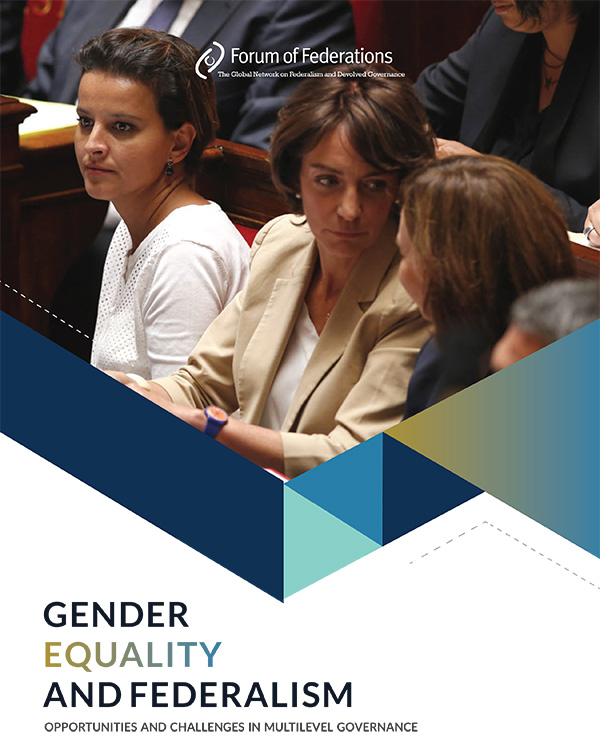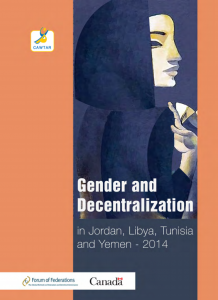
Gender Equality is a cross-cutting theme incorporated into all Forum programming. A gender lens is applied to all Sectoral and Systems issues addressed by Forum programs. The 2023-2028 strategic period will see gender considerations mainstreamed into all stages of each program (as applicable), whether thematic or country/region specific. For a detailed overview of the Forum’s approach to gender equality, see the Forum’s Gender Equality Strategy.




